News
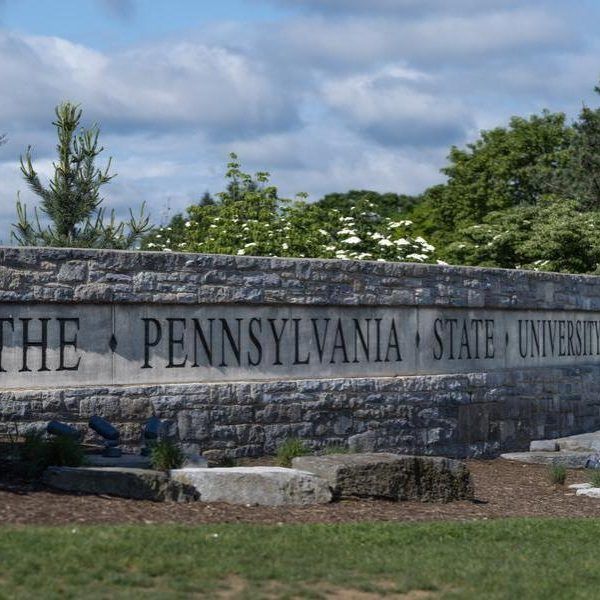
Jun 16, 2025
Eight Penn State research commercialization projects awarded GAP funding
Eight research projects have been selected for support from the Penn State Commercialization GAP Fund. The GAP Fund is a competitive internal program designed to help promising technologies bridge the gap between academic research and industry adoption.
Full Article
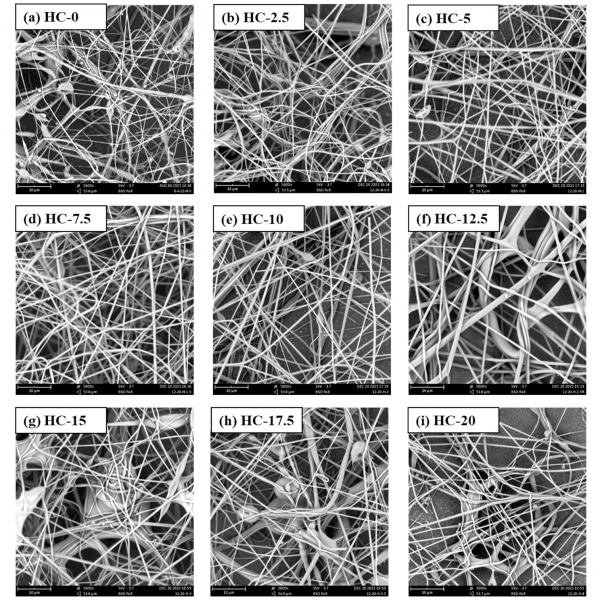
Jun 09, 2025
Edible, biodegradable fibers made from milk protein, cellulose
Milk protein and cellulose derived from plants may be the next big thing in sustainability, thanks to a first-of-its-kind advancement made by researchers at Penn State.
Full Article
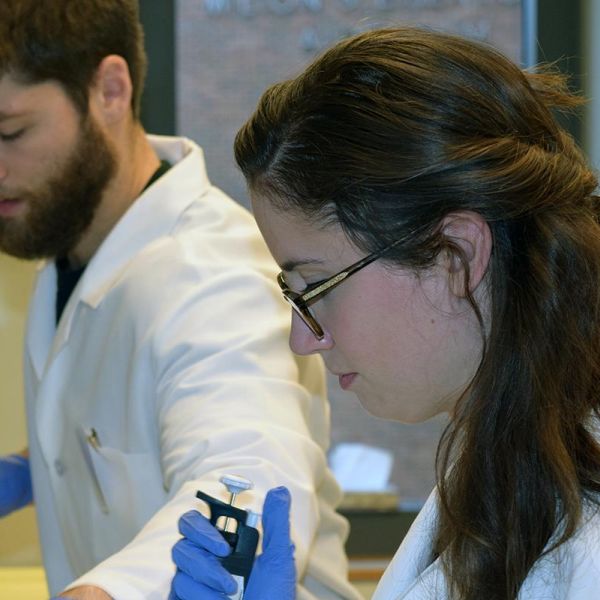
Aug 03, 2022
Close ties with industry fuel success for master of biotechnology degree program
Looking back over more than two decades leading Penn State’s master of biotechnology degree program, Loida Escote-Carlson concluded: “We’ve been tremendously successful.”
Full Article
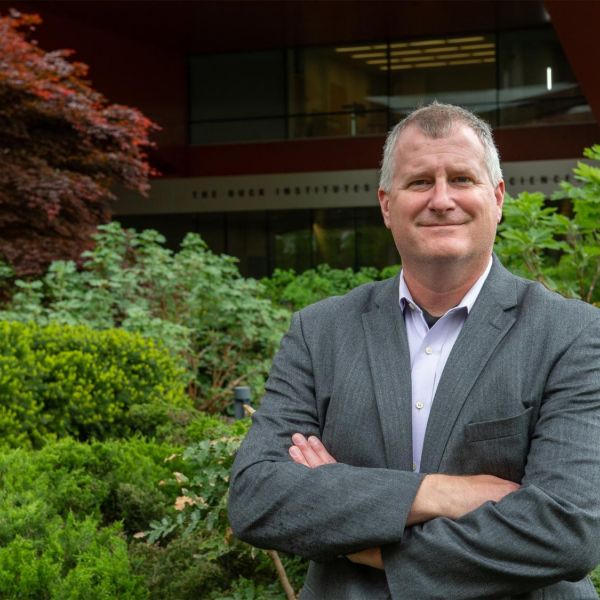
Jun 23, 2022
Alumnus and professor named new head of biomedical engineering
When Dan Hayes graduated from the Penn State Eberly College of Science with a bachelor’s degree in science in 1997, the Department of Biomedical Engineering was still three years away from forming. Now, Hayes will lead the Department of Biomedical Engineering. His tenure as department head begins July 1.
Full Article
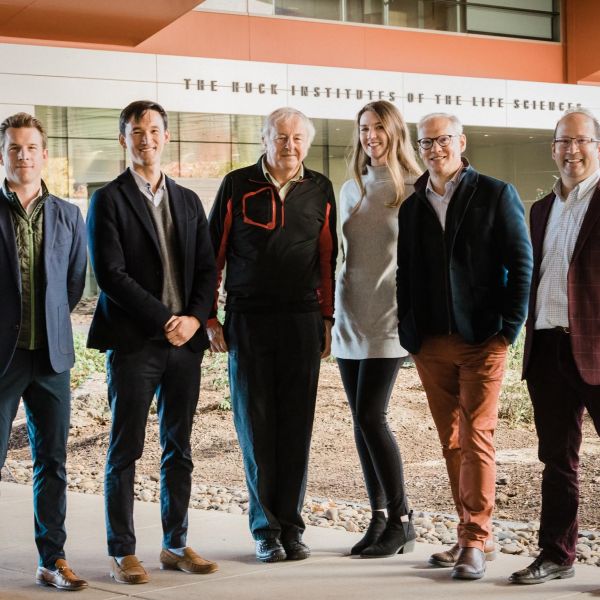
Dec 15, 2021
Biotech company selects Innovation Park for expansion
Penn State will welcome a new biotech company, BioMagnetic Solutions, to Innovation Park. BioMagnetic Solutions is a portfolio company of Gamma Biosciences, a global life sciences company serving the advanced therapy market.
Full Article

Aug 23, 2021
Here and Now: Hayes Ready to Lead Center of Excellence in Industrial Biotechnology into the Next Phase of Impact
Dan Hayes, Ph.D., replaced Andrew Zydney, Ph.D., as the Center of Excellence in Industrial Biotechnology's Director.
Full Article
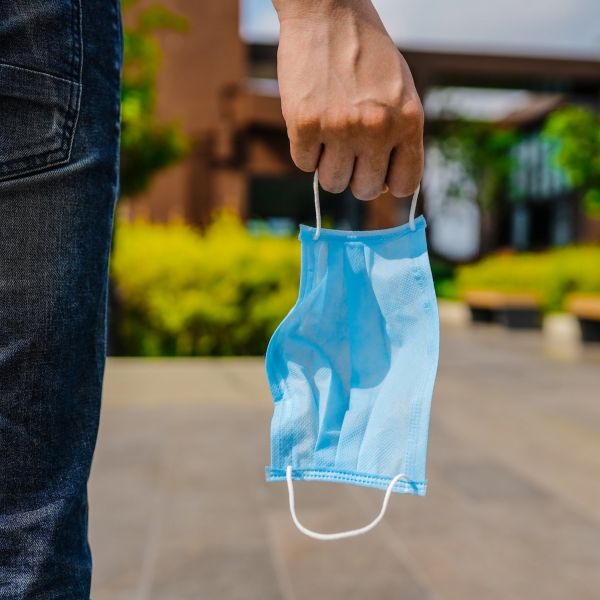
Jul 16, 2021
Penn State’s Biotechnology Community Overcomes COVID-19 Challenges
One of the many Penn State units that adapted to the pandemic’s challenges was the Center of Excellence in Industrial Biotechnology (CoEIB).
Full Article
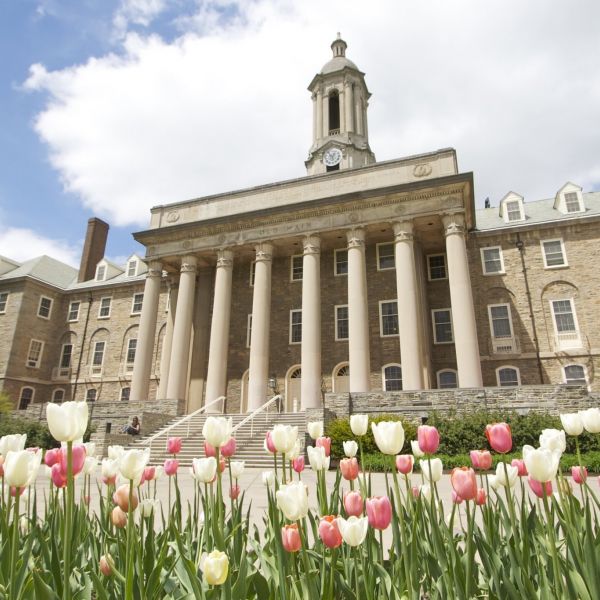
Apr 06, 2021
Penn State’s Industrial Biotechnology Ecosystem Continues to Bloom
In just 30 months and despite facing a global pandemic, Penn State and collaborating companies have successfully established and advanced the industrial biotechnology ecosystem and talent pipeline at the university.
Full Article
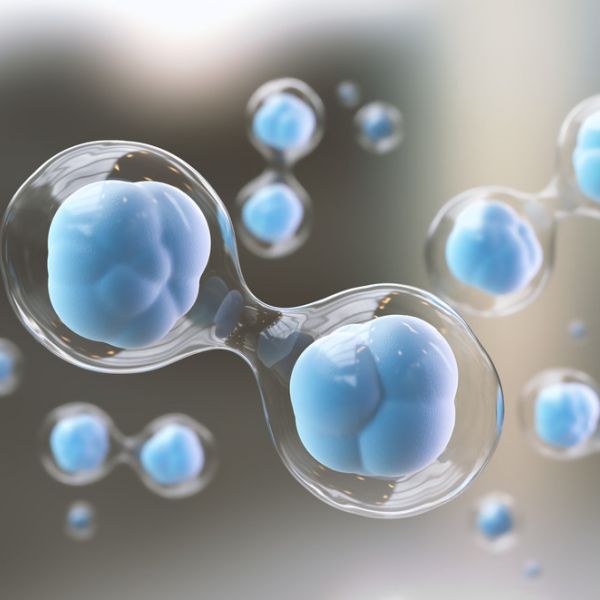
Feb 12, 2021
Researchers awarded $1.5M to create stem cell predictive model
Stem cells are the building blocks of the body, according to Penn State researchers. Though similar to one another at their origins, stem cells take on unique characteristics as they mature, becoming specialized cells throughout the body — such as bone, muscle, ligament, tissue or other organ cells.
Full Article
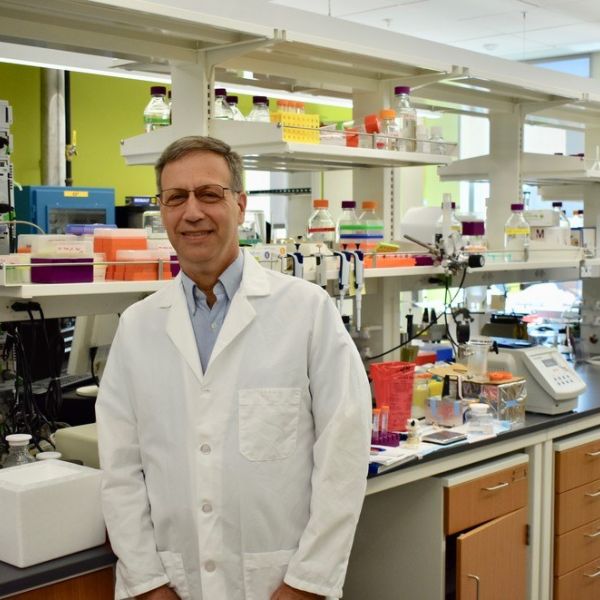
Oct 19, 2020
Andrew Zydney Shares Continuous Bioprocessing Strategies with a Global Audience
Andrew Zydney, Ph.D., continued sharing his knowledge of bioprocessing with a global audience when he recently spoke at the “BioProcess International” Conference, held virtually for the first time in 2020.
Full Article